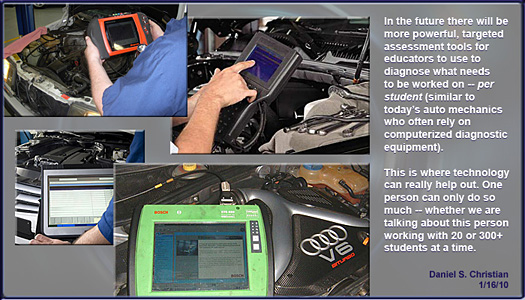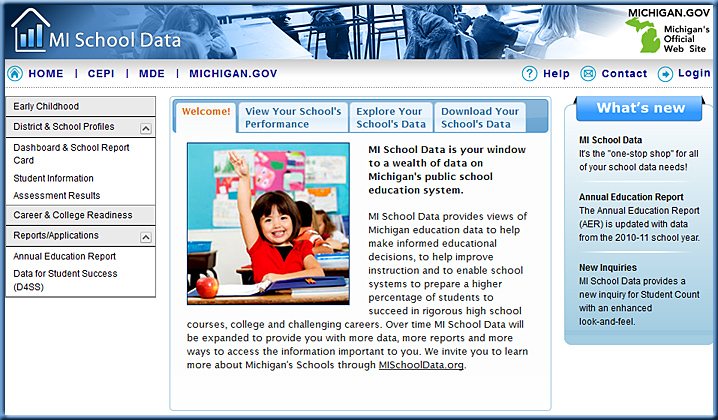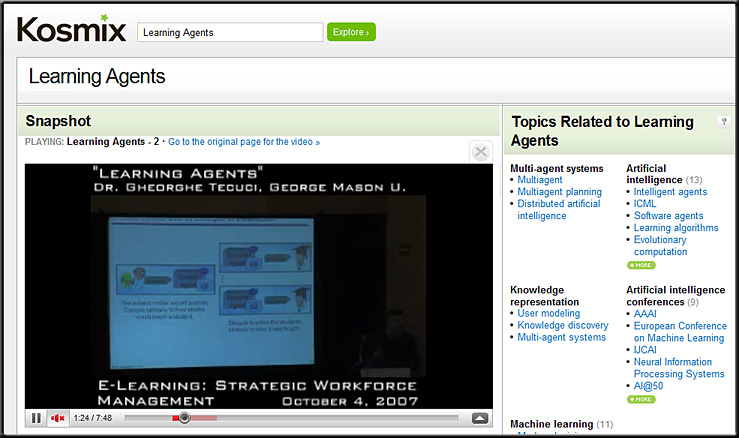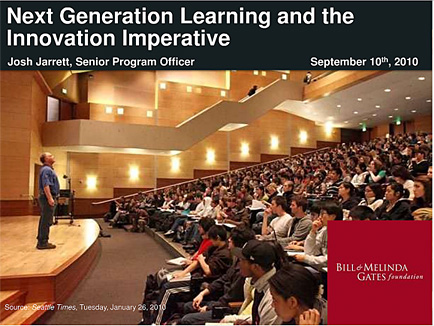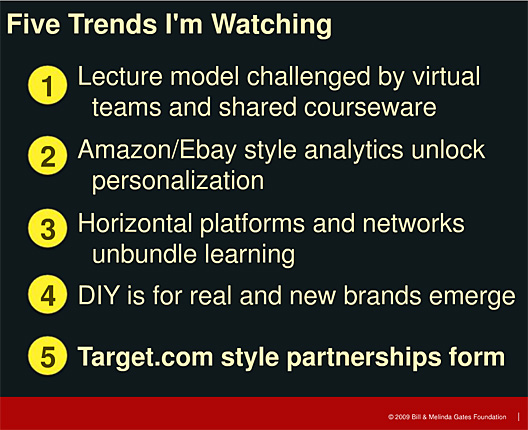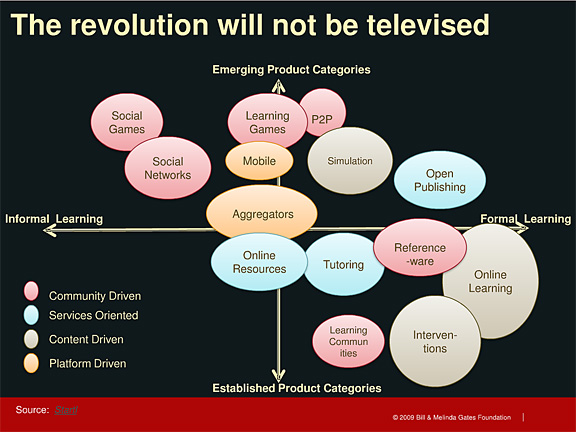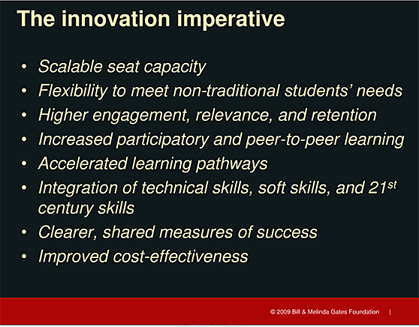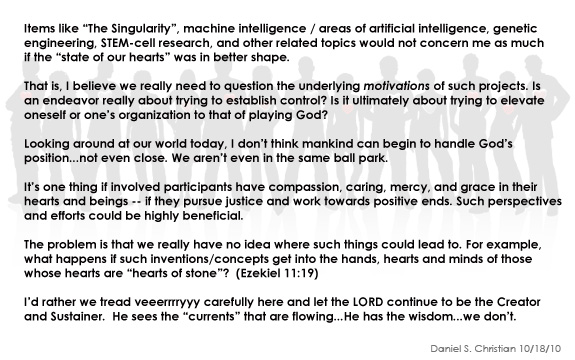
.
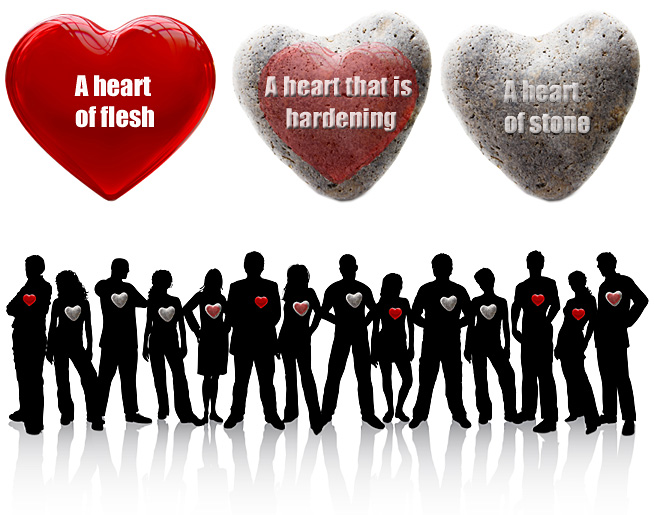
From DSC:
My conscience prompts me to write this…as my recent posting on developing and using web-based learner profiles was not meant to try and ultimately recreate the human brain. I don’t think that’s possible. Rather, I was hoping that we could use such methods and breakthroughs to promote the personalization, customization, and engagement levels of the learning materials and experiences that we are able to offer each other.
But the posting got me to reflecting on a variety of technological advancements…and I couldn’t help but wonder about the motivations at play sometimes here.
That is, things can begin innocently enough and with excellent intentions. For example, with stem-cell research, such research can offer understanding on how stem cells might be able to help treat debilitating conditions such as Parkinson’s disease, traumatic spinal injury, or be used for positively affecting other clinical and therapeutic applications. And that’s great! Excellent!
But the problem for me in many of these endeavors lies in the hearts of mankind. Because, who knows where things could go from there…
Will we one day find ourselves being able to create fellow human beings? If so, who determines what those fellow human beings are like? Will we be able to program a robot to continually learn? If so, how will such devices be used by individuals? Corporations? Governments? Nations?
I know…it sounds rather bizarre and far-fetched. But with the rate of technological advancements, I just think we need to take a pulse check on the motivations involved. I’m suspect that the motivations of many folks out there are not in mankind’s ultimate best interest…plus…sometimes these individuals and organizations just don’t have the heart.
Ezekiel 11:19 (NIV)
19 I will give them an undivided heart and put a new spirit in them;
I will remove from them their heart of stone and give them a heart of flesh.
P.S. from DSC:
I need to say that my heart is in constant need of attention as well;
I don’t claim to be perfect…but I also don’t claim to want to play God.













